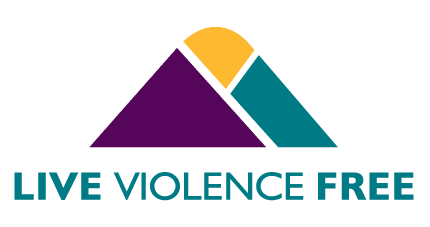sexual assault
Sexual assault is any type of sexual contact or behavior that occurs without the explicit consent of the recipient. Some forms of sexual assault include: attempted rape, rape, drug-facilitated sexual assault, fondling or unwanted sexual touching, or forcing a victim to perform sexual acts.
What is consent?
Consent is an agreement between participants to engage in sexual activity. There are many ways to give consent. Consent doesn’t have to be verbal, but verbally agreeing to different sexual activities can help both you and your partner respect each other’s boundaries.
How does consent work in real life?
When you’re engaging in sexual activity, consent is about communication. And it should happen every time. Giving consent for one activity, one time, does not mean giving consent for increased or recurring sexual contact. For example, agreeing to kiss someone doesn’t give that person permission to remove your clothes. Having sex with someone in the past doesn’t give that person permission to have sex with you again in the future.
You can change your mind at any time.
You can withdraw consent at any point if you feel uncomfortable. One way to do this is to clearly communicate to your partner that you are no longer comfortable with this activity and wish to stop. The best way to ensure both parties are comfortable with any sexual activity is to talk about it.
You can change your mind at any time.
Communicating when you change the type or degree of sexual activity with phrases like “Is this OK?” or explicitly agreeing to certain activities, either by saying “yes” or another affirmative statement, like “I’m open to trying”.
signs of abuse
- Signs of depression
- Unhealthy eating patterns, like a loss of appetite or excessive eating
- Unusual weight gain or weight loss
- Low self-esteem
- Self-harming behaviors, thoughts of suicide, or suicidal behaviors
- Anxiety about situations, people, or places that did not seem to cause worry in the past
- Panic Attacks
- Falling grades or withdrawing from classes
- Aggressive behavior
- Poor peer relations
- Increase in drug or alcohol use
- Sexually transmitted infections (STIs) or pregnancy
- Signs of physical abuse, such as bruises
- Changes in self-care, such as paying less attention to hygiene, appearance, or fashion than they usually do
HOW TO TALK WITH A POTENTIAL VICTIM OF CHILD ABUSE
When someone listens to and believes a survivor, it can make a world of difference for them. Taking a survivor-centered approach empowers survivors by prioritizing their needs and wants.
T = Thank them for telling you
A = Ask how you can help
L = Listen without judgment
K = Keep supporting
Never Victim Blame
Abuse is never the victim’s fault. Believe, support, and trust survivors. Place the responsibility on abusers and perpetrators to end the abuse. Trust their perspective. Listen! Ask survivors what they need to individually be safe.
DO
- Talk in private
- Sit with them at eye level
- Use language they understand
- Control emotional response and remain calm
- Tell them that asking for help is a good thing
- Provide love, support & emotional security
- Tell them they can have their own feelings
- Remind them they deserve independence
- Be mindful of your language and purpose
DON’T
- Don’t use leading questions
- Don’t show shock, disgust or anger at abuser
- Don’t try to rescue the victim
- Don’t say you understand when you don’t
- Don’t become too emotionally involved
- Don’t give advice or demand action
- Don’t take criticism personally
- Don’t reinforce self blame
- Don’t touch them without consent
Related stories
Share this Content
#ONECONVERSATION
champion

#oneconversation
© Copyright 2021. Live Violence Free. All Rights Reserved.